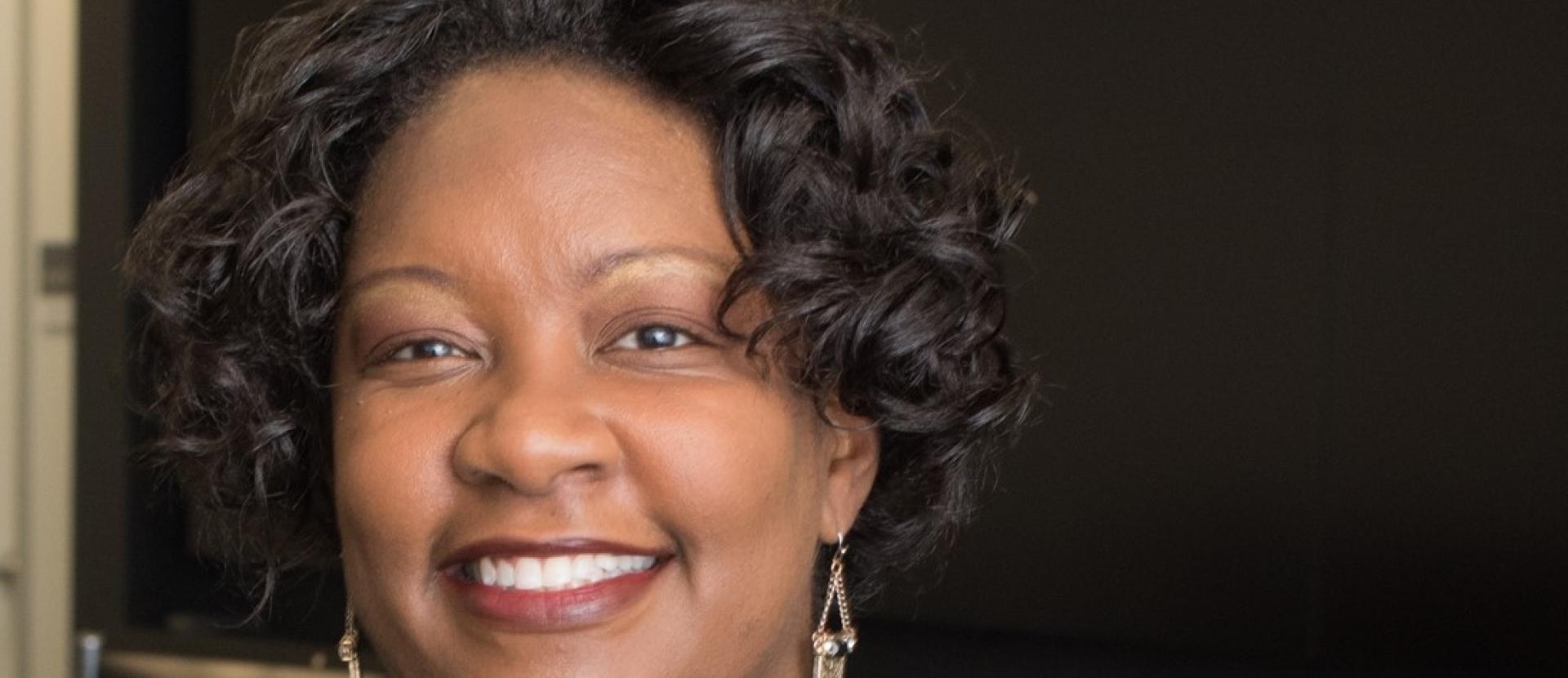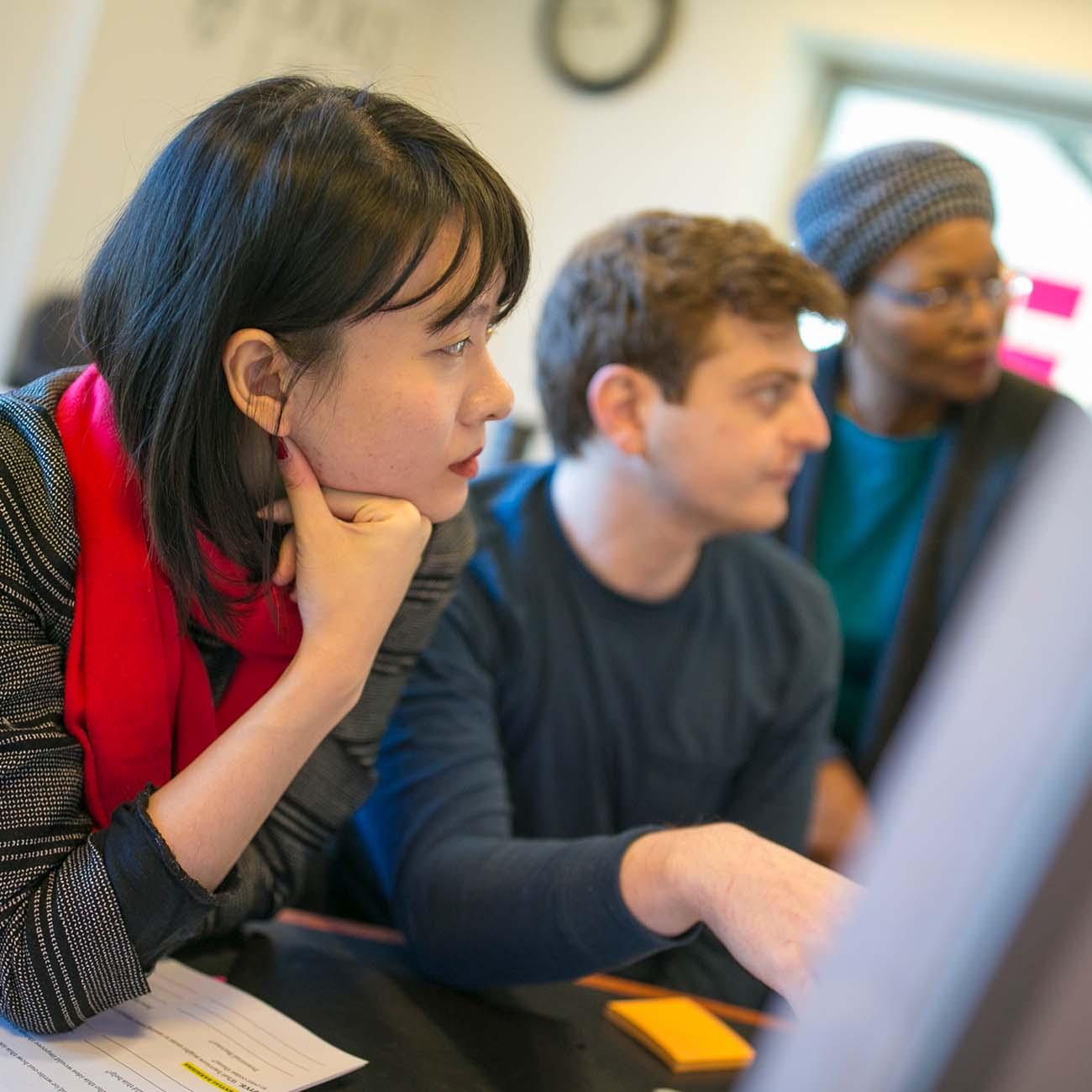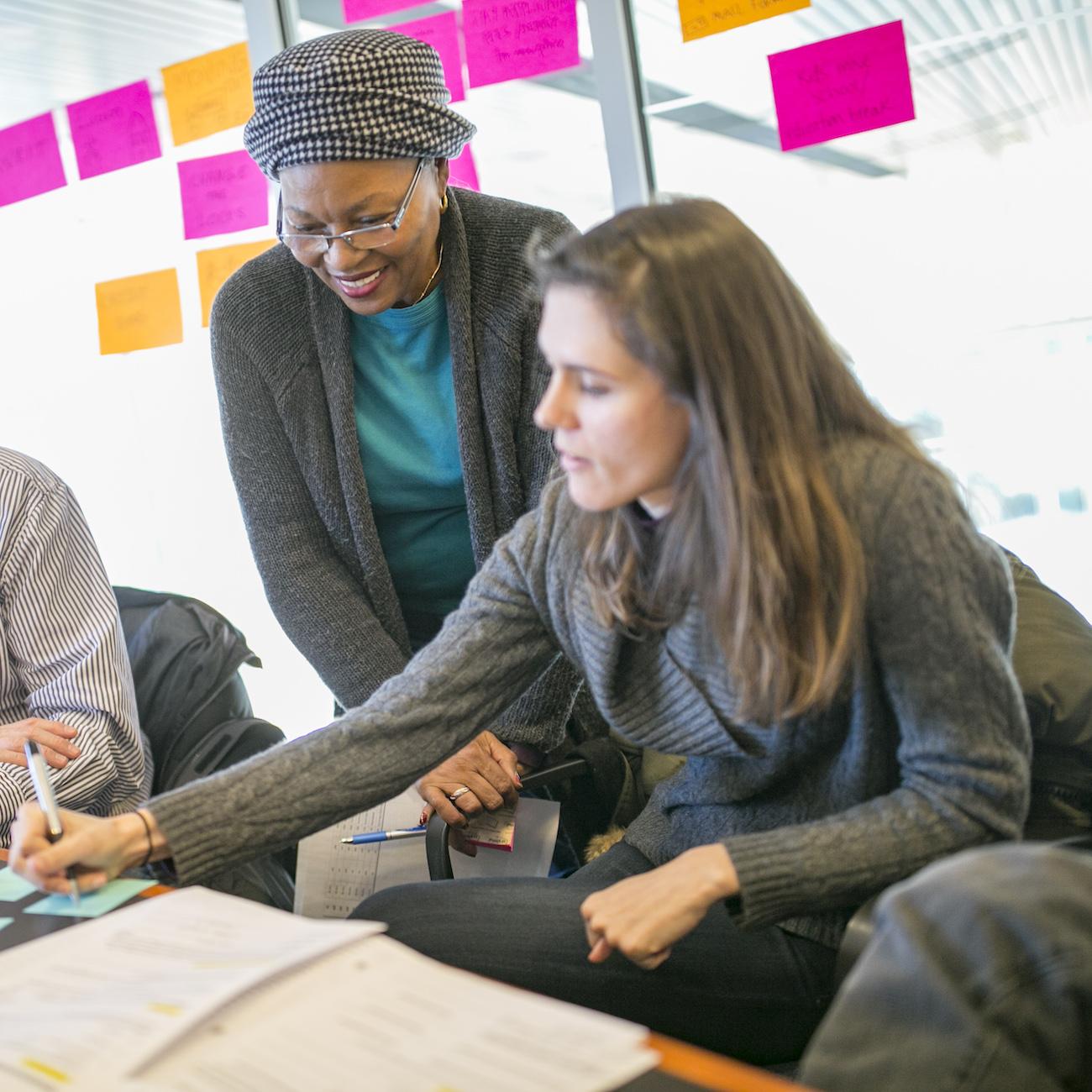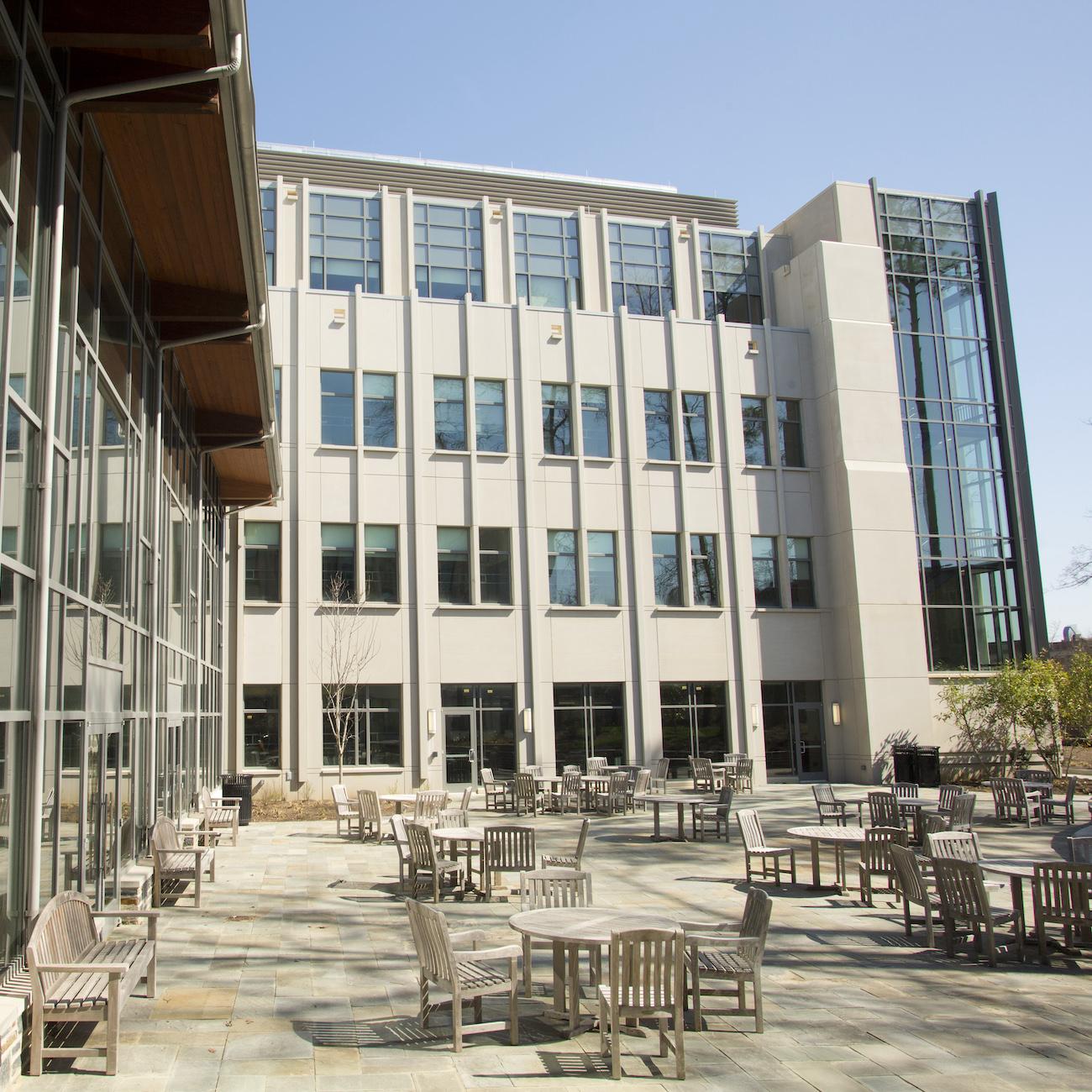First at the table
Determination, skill and a positive attitude in the face of significant challenges led Valecia Maclin to great success in a career that still includes too few women of color.
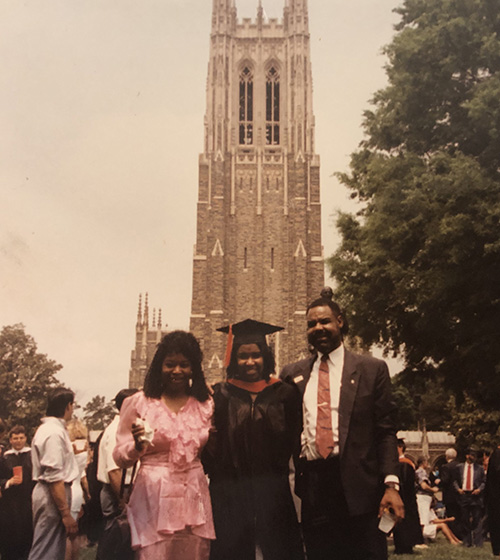
How did Valecia Maclin B.S.E.’92 end up at the top of the cybersecurity field despite being one of the few Black women entering that career three decades ago? It started with a malfunctioning floppy disk in a Duke engineering computer lab.
Maclin is an executive in Strategic Cloud Solutions at Microsoft, where her group provides engineering solutions to the company’s efforts in industry cloud solutions, digital crimes, law enforcement, national security and other cyber work. She continues to consult with government and defense agencies of all descriptions.
As a pioneer among women of color in cybersecurity, Maclin faced the complex challenges of leading the way and advocating for more representation. Women overall represent 22% of the cybersecurity industry and Black people overall make up 8%, according to career data website Zippia.com. Those numbers mark significant increases from times in which the industry was composed almost entirely of white males.
“When I joined Microsoft, I was the first Black woman ever hired as an executive on the senior leadership team of the president of Microsoft—and I got hired in 2018,” she says. This was one of many firsts at the table in Maclin’s career. “I can do that well, but not everyone should have to be confronted, feeling like they’re an alien.”
That failing floppy in the summer of 1991 steered Maclin toward the emerging field of software and systems engineering. While wrapping up a lengthy computer-aided design assignment for a class at the Pratt School of Engineering, the disk lost all of her work, forcing her to redo it.
Determined to avoid a repeat crash, Maclin designed an independent study course in which she learned programming, development, hardware and performance modeling. Employers loved that experience, and GE Aerospace hired her for a position that required a security clearance immediately.
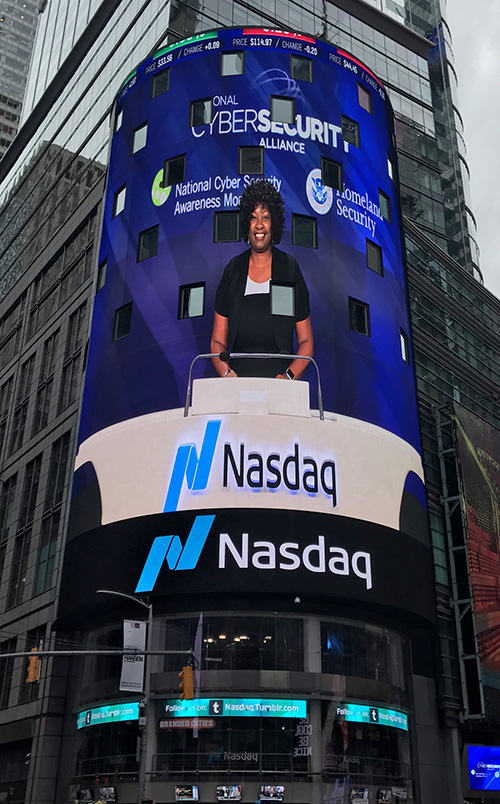
Maclin was working in the nascent fields of information management and security, and satellite information systems. “It was completely classified,” she recalls, “so I couldn't talk about my work to anyone. What I had written up for that independent study was exactly what my job required.”
That realization was satisfying and redemptive after some struggles at Duke. Maclin entered the university from public school in Prince George’s County, Maryland, and quickly felt in over her head. Both of her parents worked, landing her in a middle-class financial aid donut hole that required the Maclins to pay a significant percentage of tuition.
Just as she was about to start her sophomore spring semester, Maclin had to drop out because of financial reasons. By the time she returned in August, she had carefully mapped out the challenging class schedule she would need to graduate on time with her class, which she did. But her over-full course load at times took a toll.
“Sometimes I would get so overwhelmed,” Maclin recalls. “There were only two Black females in mechanical engineering. There were no professors that looked like me. There were times where I just thought, I wanted to make a difference so another Black student could sit in the classroom and thrive. I was determined to succeed.”
Maclin joined the Pratt Board of Visitors in 2020, where she helps lead its Diversity, Equity and Inclusion committee. And on the occasion of her 30th class reunion, she established two endowments and added a planned gift to her estate. The endowment gifts include a scholarship fund and another fund to provide grants to economically disadvantaged undergraduate students who have school-related needs not met by their financial aid packages. Both have a preference to support students who are members of the National Society of Black Engineers.
“As trying as my Duke experience was, it actually has served me incredibly well personally and professionally,” Maclin says. “With cyber, every step in my career was me being on the front end of something. I could go take risks. I could go do the new innovative thing that nobody had ever done or seen before and not fear that my career was going to fall apart.”







